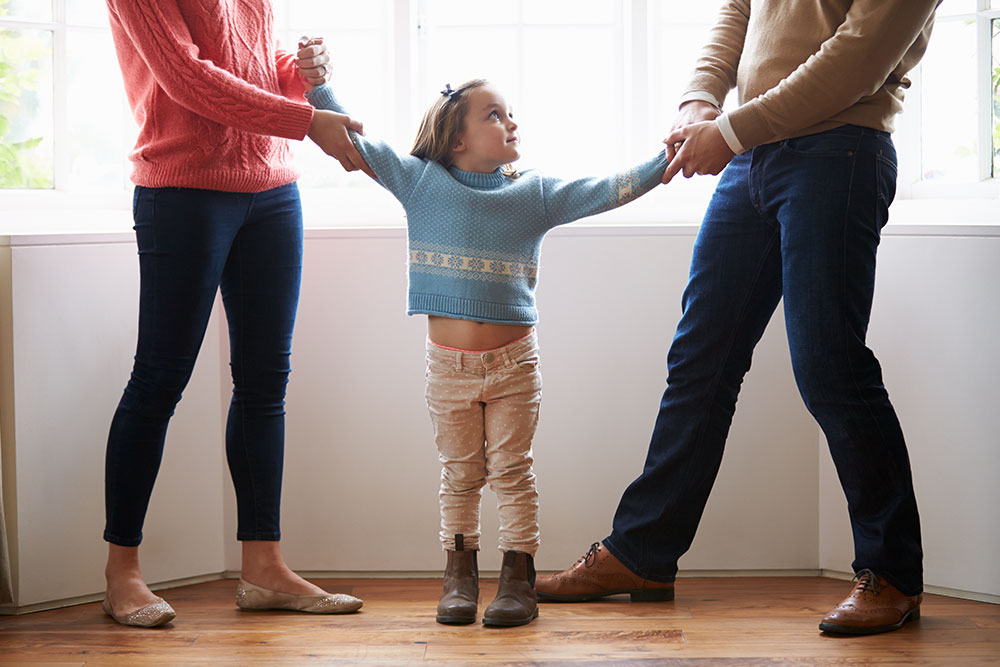09 Jan The Crucial Role of Both Parents: Why Children of Divorcing Couples Need Both in Their Lives

Introduction: Divorce is undoubtedly a challenging and emotionally charged experience for everyone involved, especially the children. As parents navigate the complexities of separation, it’s essential to recognize the profound impact divorce can have on children and prioritize their well-being throughout the process. One crucial aspect that often gets overlooked is the importance of maintaining a strong connection with both parents. In this blog post, we’ll explore why children of divorcing parents benefit significantly from having both mom and dad actively involved in their lives.
- Emotional Stability: Children thrive on stability and consistency. Maintaining a relationship with both parents provides a sense of emotional security, helping children feel grounded during a time of significant change. Each parent contributes a unique set of qualities and perspectives, contributing to a more well-rounded support system for the child.
- Role Modeling: Parents serve as the primary role models for their children. By witnessing positive interactions between both parents, even post-divorce, children learn valuable lessons about communication, conflict resolution, and healthy relationships. This modeling can shape their own future relationships and contribute to their emotional intelligence.
- Balanced Support System: Each parent brings different strengths and styles of support to the table. While one parent may excel in providing emotional support, the other might offer practical guidance or a unique perspective. A balanced support system ensures that children receive a comprehensive range of assistance, nurturing their overall development.
- Shared Responsibilities: Having both parents actively involved allows for the sharing of parental responsibilities. From homework help to attending extracurricular activities, the division of tasks helps prevent one parent from feeling overwhelmed while fostering a cooperative and collaborative parenting approach.
- Maintaining Relationships with Extended Family: Beyond the nuclear family, children often have relationships with extended family members on both sides. Maintaining connections with both parents allows children to continue these relationships, providing a broader network of love and support.
- Minimizing the Impact of Conflict: Divorce can bring about conflict, but it’s crucial to shield children from its negative effects as much as possible. By fostering a cooperative co-parenting relationship, children can experience a more positive and stable environment, reducing the impact of parental disagreements.
Conclusion: In the midst of divorce, it’s easy for parents to become absorbed in their own struggles and emotions. However, it’s paramount to prioritize the needs of the children and recognize the irreplaceable role both parents play in their lives. By fostering strong, positive relationships with both mom and dad, children can navigate the challenges of divorce with resilience and emerge emotionally healthy and well-adjusted. The commitment to maintaining a united front in parenting, despite the separation, lays the foundation for a brighter future for the children involved.


